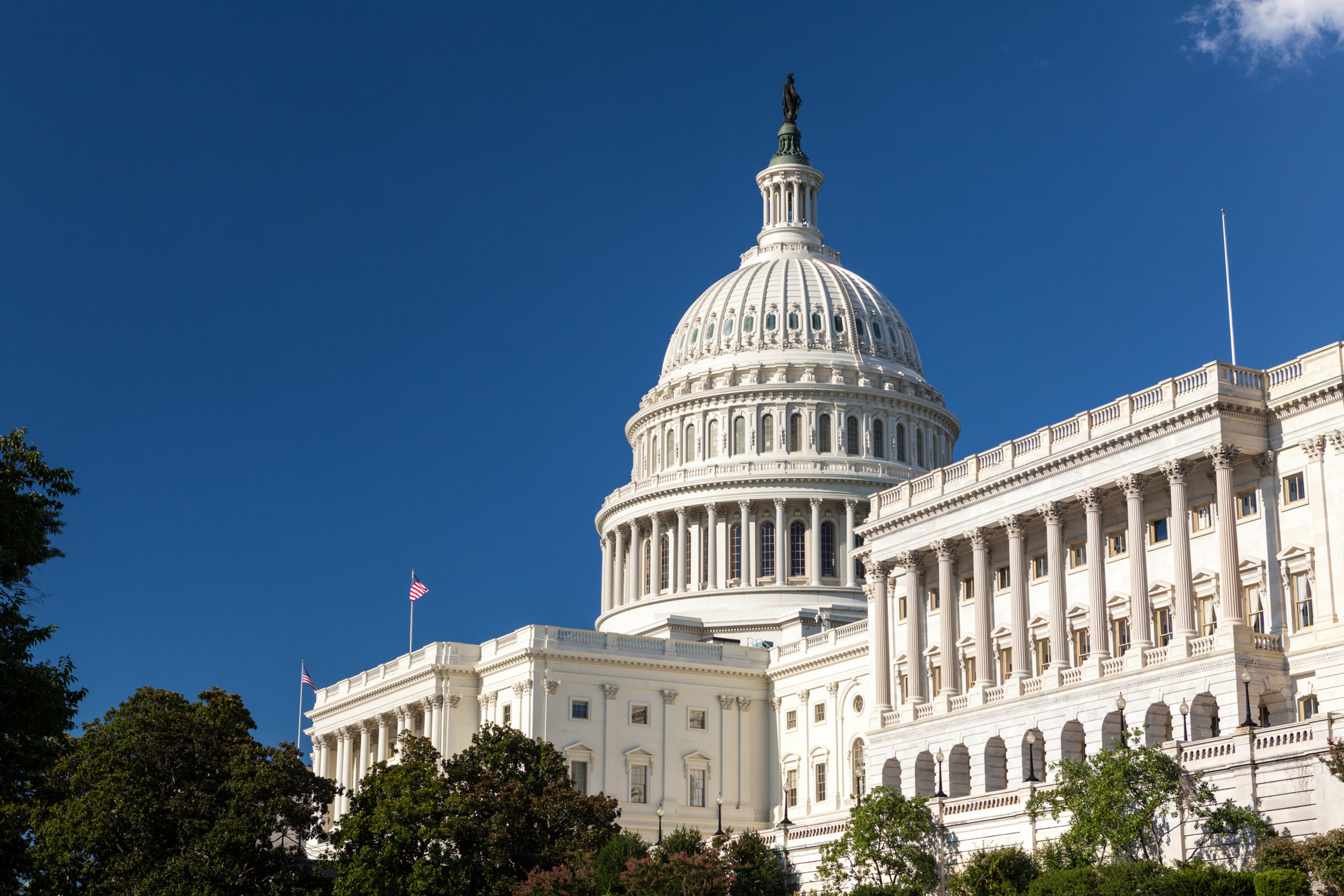If you’ve been following the political headlines, then you’re well aware of the partial government shutdown ordered by President Donald Trump. It is, in fact, the longest shutdown in U.S. history. But as a partial enactment, many people in our field are wondering how it affects daily life and particularly, the recovery industry?
Well, we all know that is had led to the cutback of national park services, but it is interesting to note that it is impacting the Drug Enforcement Administration (DEA) as well. This is the agency that has the authority to allow providers to prescribe opioid addiction treatments, such as buprenorphine. Now that it’s shut down, forward movement has being halted where dependent patients need help.
“There are doctors willing to give this prescription, but unfortunately they can’t have the license and the license is based off the Drug Enforcement Agency,” addiction treatment rep Dr. Kallol Sala told a local news affiliate. “There are doctors who have patients who may want to start this medication.”
One of the loudest voices in this struggle is Senate Minority Leader Chuck Schumer. He too believes that halting the work of the DEA can have disastrous consequences for America’s opioid crisis. Speaking with The Daily Beast, Schumer issued some harsh words (particularly within his region of the northeast).
“Simply put, the DEA, in many ways, holds the keys to accessing critical anti-opioid treatment drugs that New York City and Long Island patients and doctors need to combat this deadly scourge,” the Senator explained. “And so we need them fully open and running to put those keys back into the hands of the New York doctors who save lives, and the patients who are fighting to get better.”
Another important organization that has been shut down is the Substance Abuse and Mental Health Services Administration. Losing them holds doctors back from expanding recovery prescriptions like suboxone to a larger pool of patients. One New York physician, Dr. Anthony Martinez, explained that he is only able to help about 100 addicted patients a week now and can no longer apply for waivers to treat more with suboxone. Prior to the shutdown, he serviced as many as 275 struggling patients. The waiver would need to come from the Administration, so you can see the problem at hand.
Dr. Martinez summed up his thoughts nicely, emphasizing that although President Trump thinks this is issue is just about border control, it goes much, much further than that.
“What’s happening to me and my practice sheds a light on the fact that the shutdown is not just about the government,” Dr. Martinez concluded. “It now clearly has the potential to be a public health problem.”







